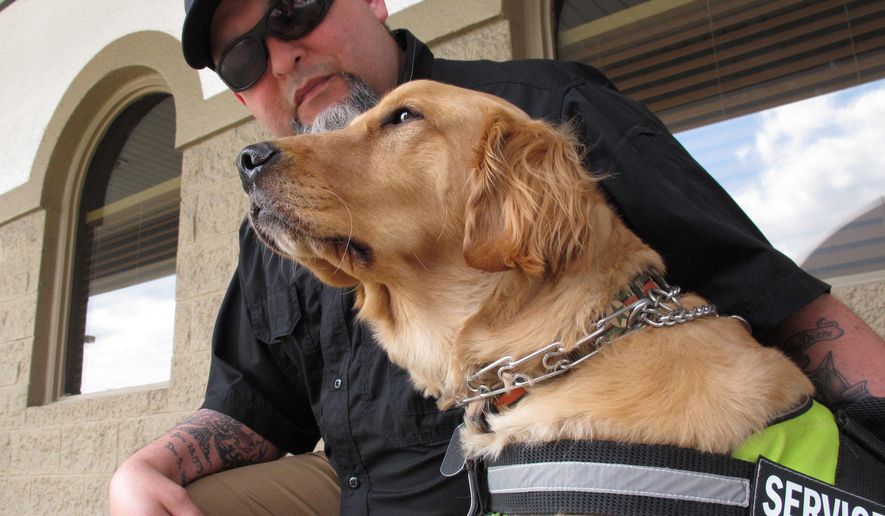Members of the special operations forces community have convinced the U.S. Army to study a treatment for post-traumatic stress disorder that involves a single injection to the neck.
America’s elite warfighters and the small cadre of doctors who have treated them in recent years say injections called stellate ganglion blocks may be the key to defeating PTSD. Their praise for the treatment, which alters the brain’s “fight or flight” response using ropivacaine, has convinced the army to commission a $2 million study.
“Once people have the shot, they get dramatically better immediately,” Col. Jim Lynch, command surgeon at the joint Special Operations Command-Africa, told The Wall Street Journal on Monday.
Patients echoed that sentiment.
“[The shot] gives you the break to deal with things,” Brig. Gen. Donald Bolduc, a Green Beret, told the newspaper. “I was able to put myself on the road to recovery.”
The officer was injured during deployments to Afghanistan in 2001 and 2005 by a bomb blast and a helicopter crash, respectively.
Psychologist Ron Hoover, who oversees the study, told the Journal that military officials must take a “conservative position” when it comes to such treatments.
“[The army doesn’t] want to risk service members’ lives or experiment on them,” he said.
The military has received 43 volunteers as of mid-May, Kristine Rae of the research group Olmsted of RTI International told the newspaper. She told the Journal that reaching the stated goal of 240 volunteers takes time, given that participants know they may end up getting a placebo as part of a control group.
Military hospitals in Germany, Hawaii and North Carolina are taking part in the study.
• Douglas Ernst can be reached at dernst@washingtontimes.com.




Please read our comment policy before commenting.